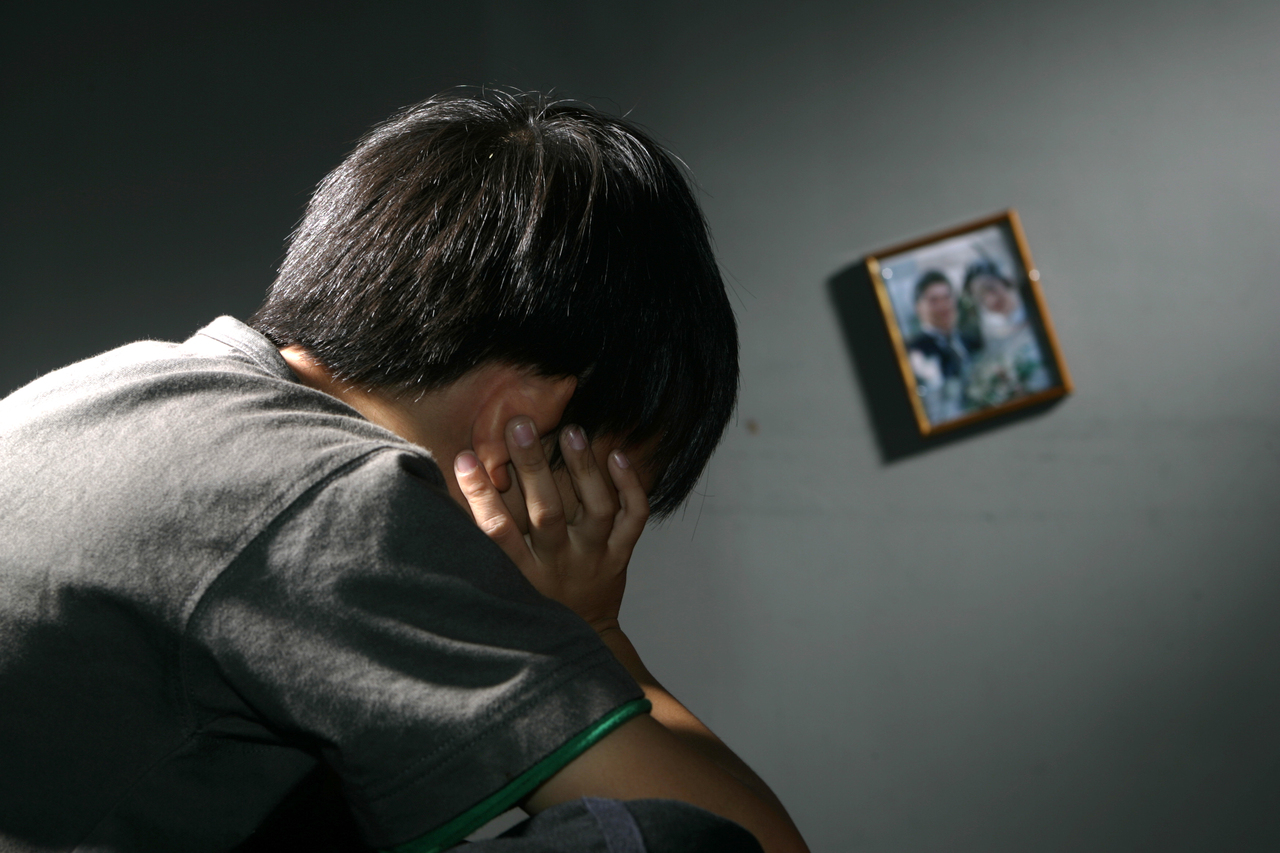Supervised visits, counselling among measures to protect children amid divorce
Sign up now: Get ST's newsletters delivered to your inbox

The changes empower the court to better enforce child access orders.
PHOTO ILLUSTRATION: ST FILE
Follow topic:
SINGAPORE - Allegations of family violence raised during a couple's divorce will be viewed seriously and taken into consideration when the courts decide on child access matters, with counselling and supervised visitation orders being made in certain cases.
These are some of the existing measures which protect children in failing marriages that are likely to play a bigger role in proceedings amid recent changes to divorce laws and child access enforcement here.
New amendments to the Women's Charter passed in Parliament in January included a raft of measures such as mandatory counselling, compensation for denied access and in extreme cases, a jail term and fine for parents who deny child access to the former spouse.
The amendments also include educating couples on parenting, mediation, therapeutic programmes or family support programmes.
The changes empower the court to better enforce child access orders.
A spokesman for the Ministry of Social and Family Development said that "paramount consideration" would be given to a child's best interest when matters involved children.
"As the court assesses applications for enforcement of child access order, it does so with the intent to minimise acrimony, emphasise co-parenting and encourage relevant interventions that help families to heal," she said.
This is in line with the Family Justice Court's focus on therapeutic justice, which is a non-adversarial process that seeks to solve problems and help parents learn to manage their conflicts and engage in co-parenting.
This is in contrast to the traditional adversarial approach, where each party pursues his interests single-mindedly.
Ms Angelina Hing, managing director at Integro Law Chambers, said: "In extreme cases, where abuse is on the child, or if the child has witnessed violent abuse on the caregiver parent and is severely traumatised, the court may suspend all access to the abusive parent until such time when the child is ready for the access.
"This kind of order would have to be complemented by counselling orders and therapeutic interventions for the child and parents."
In cases where the child is not ready to meet the access parent even in a supervised setting perhaps due to trauma from abuse, the court may make a counselling order to help the family work through the issue.
Where children require more support due to the trauma or abuse they have experienced, parents can approach the divorce support specialist agencies or restructured hospitals which provide specialised assessment and therapy support.
Lawyers ST spoke to said that while access enforcement would allow parents with genuine concerns to approach the court, there is nothing stopping parents who want to prolong the litigation process from filing applications.
Mr Ivan Cheong, partner at Withers KhattarWong, said: "Access enforcement is a key element that should not be dismissed as we have seen many access parents who are not able to exercise access in accordance with court orders simply because of roadblocks put in place by the parents with care and control.
"The court is however able to discern where there are genuine problems in place that stand in the way of access."
In response to queries from ST last month, Ms Shailey Hingorani, head of research and advocacy from gender advocacy group Aware, said that in some cases, the parent with care and control may deny or limit their ex-spouse's access to the child due to their strained relationship.
Where a parent is abusive, access may also expose the child to the parent's abusive behaviour, she added.
"The process of enforcing child access orders is onerous, time-consuming and costly. This issue is especially pronounced for low-income parents, who are time-poor and do not have the resources to go to court.
"While it is as yet unclear how these enforcement measures will be carried out and how effective they will be, we hope that the child's wishes, best interests and well-being will be prioritised in the changes."

